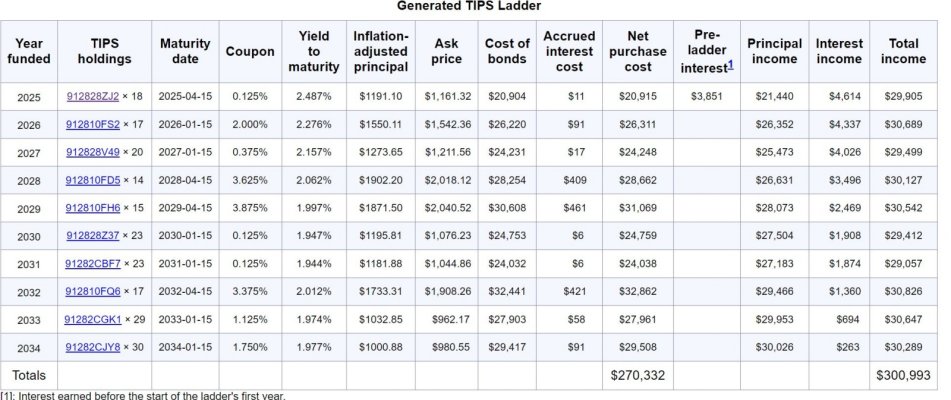FIRE_hopeful
Dryer sheet wannabe
- Joined
- Jul 2, 2015
- Messages
- 10
I’ve been retired for 8 years now, 63 YO, and have a nest egg hovering around 70-80% in low-ER stock ETFs & individual stocks, and the balance in money market funds that are yielding close to 5% today. I feel like we’ve pretty much “made it”, and I’d like to transition us to 30/70 growth / fixed income. I’m comfortable with the growth part, but I have major ignorance where the fixed income part is concerned. Would love the fixed income portion to at least beat by a couple percent inflation like what we’ve just experienced these last couple of years, but I don’t know if that’s possible.
What are folks doing for the fixed income part of your portfolio?
What are folks doing for the fixed income part of your portfolio?

